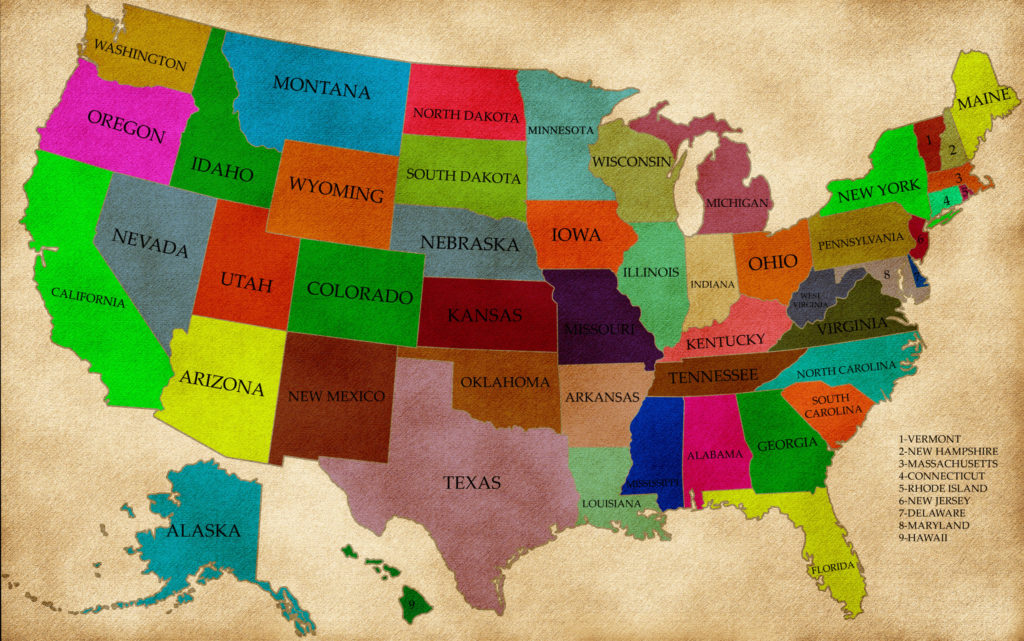When registering a trademark for your business, it is important to understand the differences between federal and state trademarks. Although both have their benefits, each type of trademark has unique advantages that should be taken into consideration before filing. Let’s explore what sets federal and state-based trademarks apart.
What is a Federal Trademark?
A federal trademark is administered by the United States Patent and Trademark Office (USPTO). This type of trademark provides nationwide protection in all 50 states, as well as any U.S. territories or possessions. A registered federal mark also grants the owner exclusive rights to use the mark with certain goods or services in any geographic area within the United States, regardless of where they are using it. Additionally, a federal registration can be used as evidence of ownership in infringement proceedings.
How Does a State Trademark Differ From a Federal one?
A state trademark is registered through an individual state’s Department of State or Secretary of State office rather than through the USPTO. The primary benefit of this type of registration is that it can provide protection quickly; some states allow you to register and receive approval within just one day. However, having only a state-registered mark limits your protection; you will only have exclusive rights to use your mark within that particular state – not nationally – so if you plan on using your mark in multiple states, then you may want to consider registering for a federal trademark instead.
When deciding between registering for a federal-based or state-based trademark for your business, consider how wide-reaching you want that protection to be; if you only plan on operating within one particular state, then registering for a state-level trademark may be sufficient. However, if you plan on expanding beyond that particular state and using your mark across multiple geographies, then registering at the federal level will ensure maximum protection and peace of mind down the road. No matter which route you take, understanding the differences between these two types of trademarks can help save time and money when protecting your brand name or logo from potential infringers!
Law 4 Small Business, P.C. (L4SB). A little law now can save a lot later. A Slingshot company.




